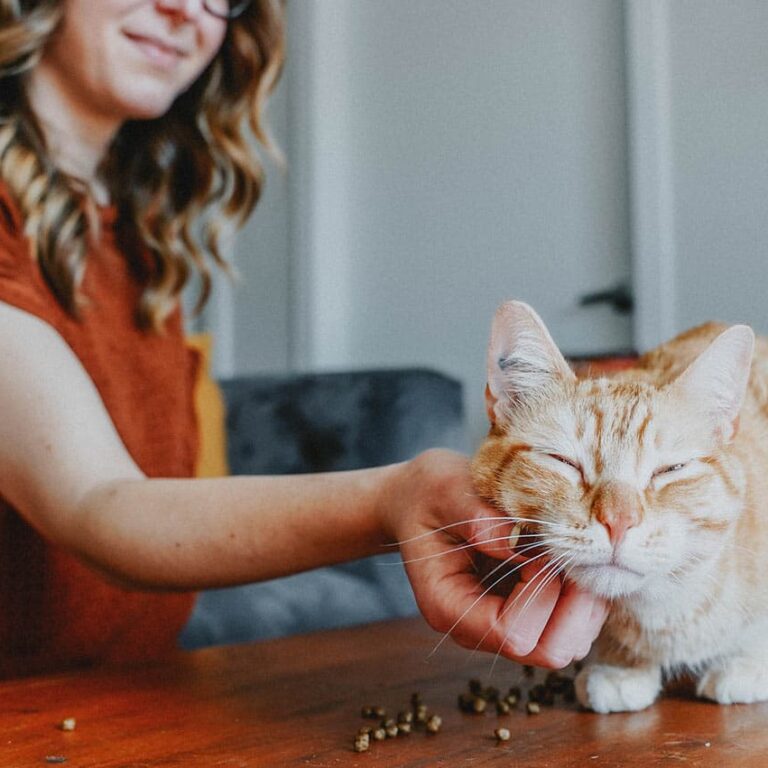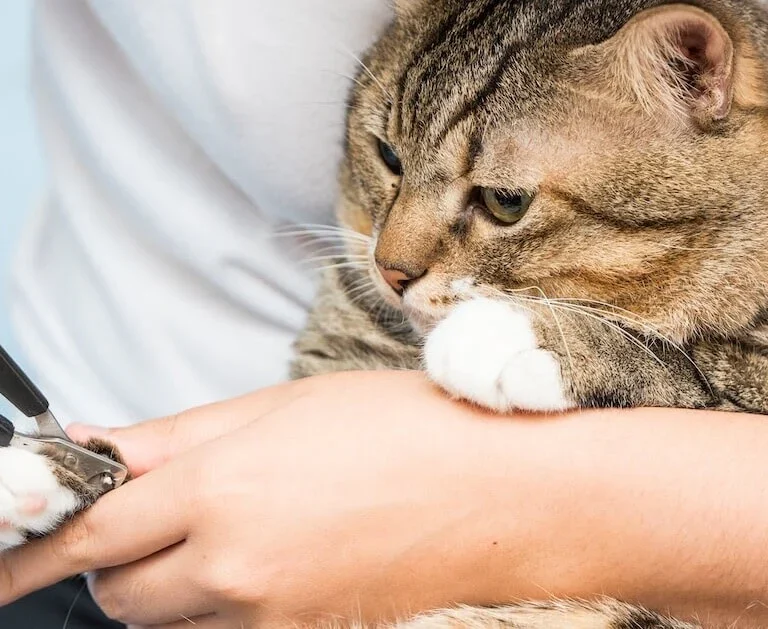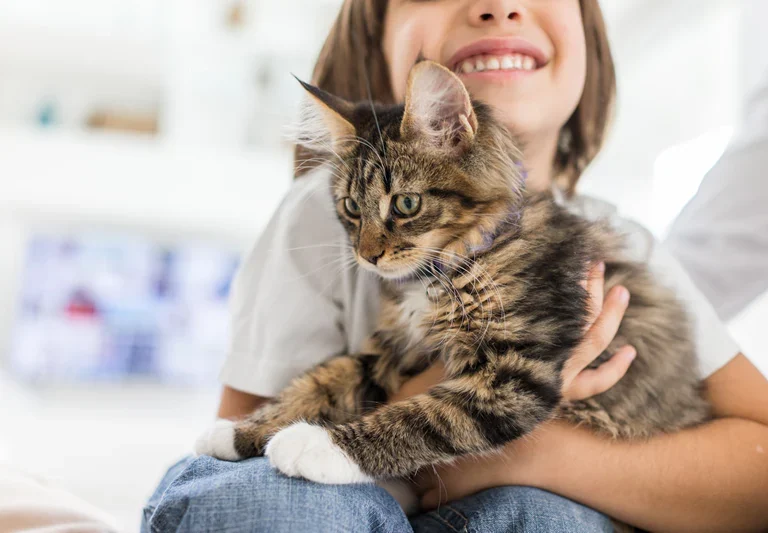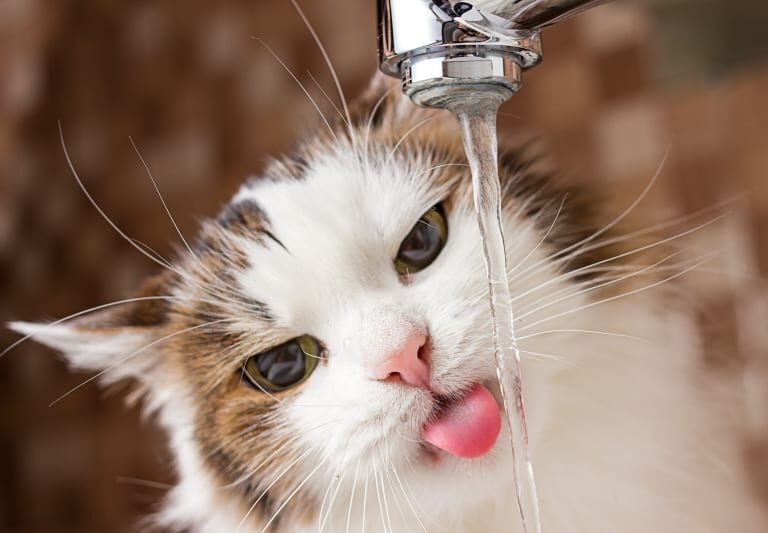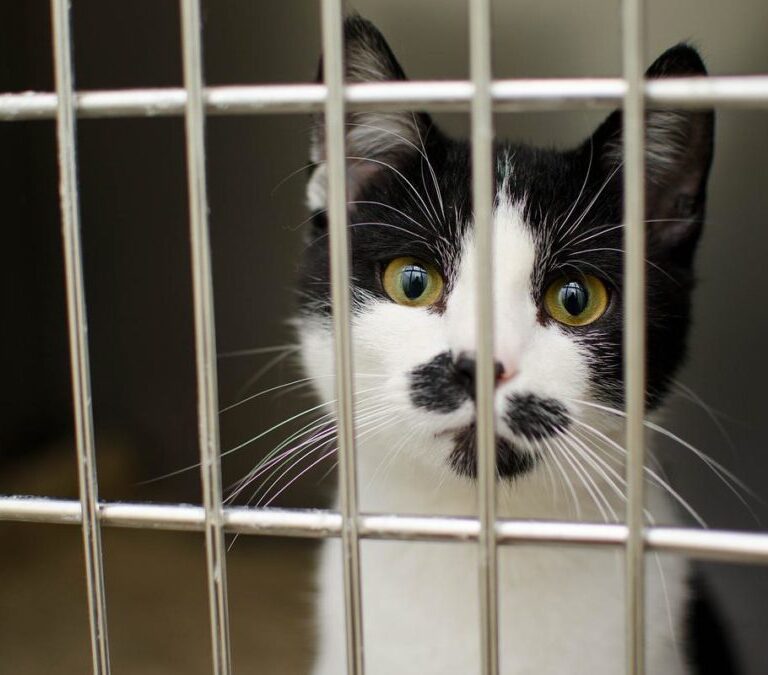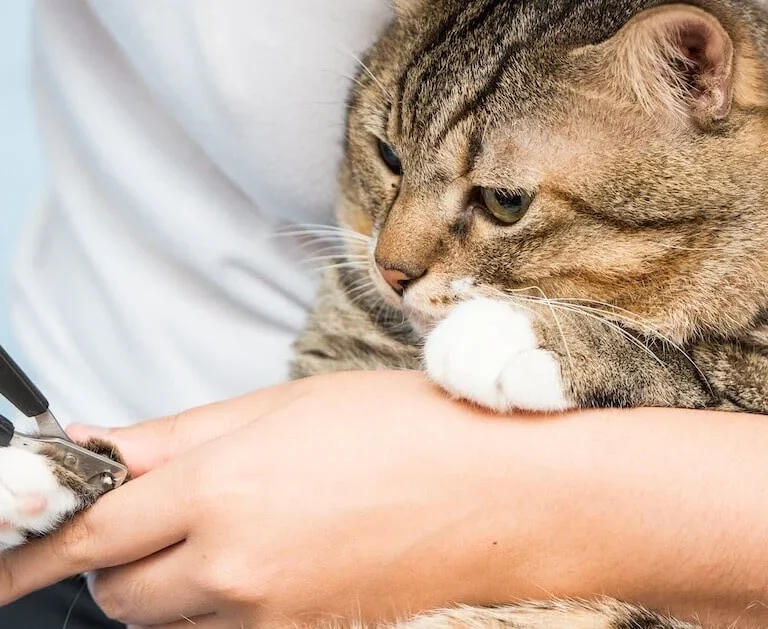How Much Should a Kitten Eat Daily?
Kittens require more protein than adults, so ensure their food contains plenty of meat content. In addition, kittens require additional calories; so look for products offering higher amounts per cup.
Feed your kitten according to its age and weight as directed on its food packaging; follow it closely so your kitten receives the appropriate number of calories each day.
Meat
Your kitten should have fully transitioned away from its mother’s milk by 8 weeks old and should now be eating solid foods. Kittens require a diet high in species-appropriate animal-based proteins and low in carbohydrates; additionally they should have access to plenty of water throughout the day (though most likely from eating).
When selecting kitten food, check its nutritional adequacy statement and calories per ounce count on its package. A high quality food should contain adequate levels of calcium, phosphorus, vitamin E and taurine for proper growth and development of your cat.
If you plan to add raw meat, bones or fish to your cat’s diet, make sure it does not make up more than 10% of their food intake – otherwise this could throw their diet out of balance and be harmful.
As with anything, offering variety is key in helping prevent picky eating as an adult. By exposing them to different flavors and shapes of dry and canned food early on, when they move onto adult food they will already know what they like without rejecting any new items. As is always the case, your veterinarian can best assess your cat’s individual nutritional requirements, providing tailored advice as they transition from kittenhood into early adulthood and beyond.
Vegetables
Kittens require multiple small meals each day due to their high level of activity. As obligate carnivores, kittens require more protein than adults as their bodies need amino acids found in animal tissue to thrive. Kittens also need plenty of moisture as it aids their developing digestive and immune systems; high-quality wet food containing meat or fish should provide the basis of their diet.
Kitten food should be developed by a trusted nutritionist to ensure they receive all of the essential vitamins and nutrients for healthy development, particularly calcium, phosphorus, vitamin E and taurine. Adequate nutrition through food is critical for overall health; otherwise they could become seriously ill and in need of medical intervention.
Be mindful that when providing treats as treats for your kitten, no single treat should account for more than 10% of daily caloric intake. Too many new foods can upset the balance of nutrition in a kitten’s diet so introducing one thing at a time helps them familiarise with it before moving onto something else.
Cooked banana slices that have been freed of their peels or seeds provide an excellent source of potassium and dietary fiber, while small pinches of shredded carrots or finely diced salad greens make great supplements to a kibble diet. Pears may also provide valuable nourishment but beware as their sweet taste may overload an otherwise sensitive kitten’s sugar levels.
Fish
Kittens are born carnivores and require the nutrients found in meat to fuel their metabolism, develop muscle mass and continue growing. Their mother typically provides these through breastmilk until four or six weeks of age when she will transition them onto solid food sources.
As soon as possible, begin feeding your kitten high-protein kitten food as their foundation diet. Over time, add other types of foods slowly; just be careful not to overdo it as too many changes could cause digestive upsets; try keeping their furball fed the same brand and flavor as this will aid their digestive process.
Do give them cooked fish like trout, catfish and salmon but in small portions (a teaspoon or less). Dice the pieces very finely to avoid your kitten becoming greedy and potentially choking on large chunks. Honest Kitchen also makes Mmmixers as tasty meal toppers made with salmon and pollock for your kitten to try as an option!
An effective strategy for keeping track of how much your cat is eating is to set up a feeding schedule for them. With active little creatures like cats requiring multiple meals per day, keeping to this plan will ensure their energy remains balanced and energy levels don’t dip too drastically.
Other Foods
A kitten should consume specially-formulated food designed to meet its dietary requirements, with high concentrations of protein, calories and DHA fats as well as necessary vitamins, minerals and nutrients such as calcium phosphorus vitamin E taurine (an amino acid).
Enhancing your kitten’s diet with additional foods can add fiber, flavor and variety. Try offering small portions of cooked vegetables such as broccoli florets or finely chopped lettuce as well as fruits like diced banana, apple or pear to add variety and variety. However, no more than 10% of their daily caloric intake should come from non-cat food sources as doing so could upset its balance leading to either weight gain or loss.
Mixing wet and dry food, known as mixed feeding, provides your kitten with extra water while still benefitting from energy-packed dry kibble. Be sure to keep their water bowl clean and full of cool, clean water at all times; avoid feeding bones which could splinter into internal blockages; raw meat must only be given when large enough for them not to chew off and swallow any potential bones that could potentially prove fatal to kittens.

